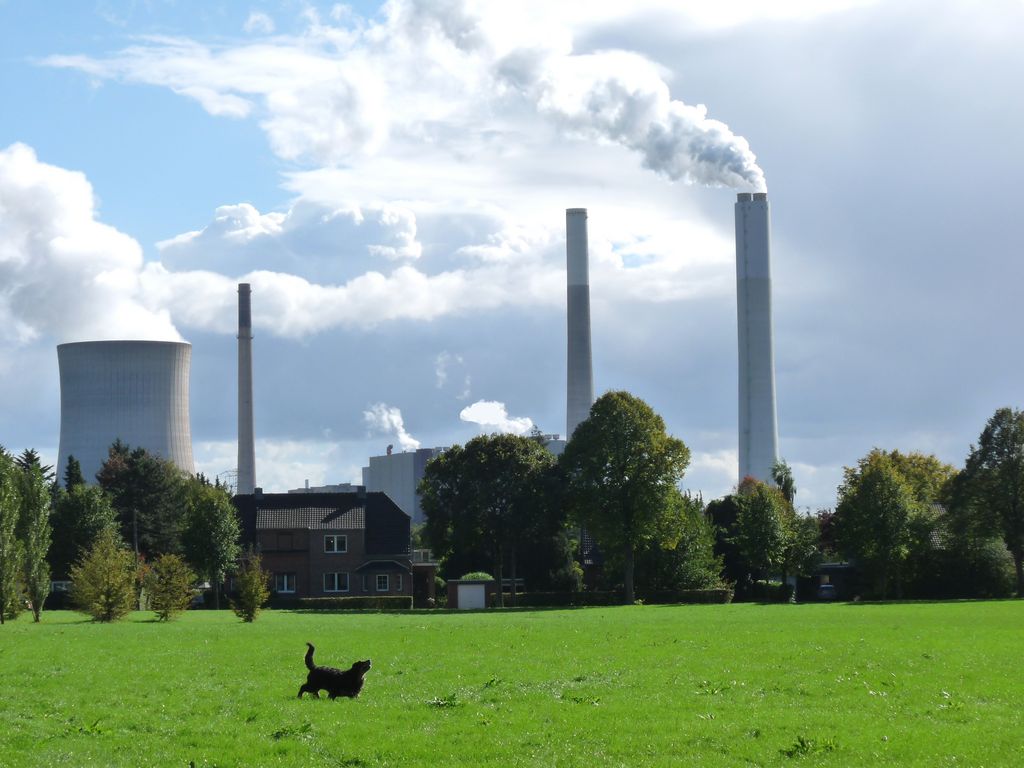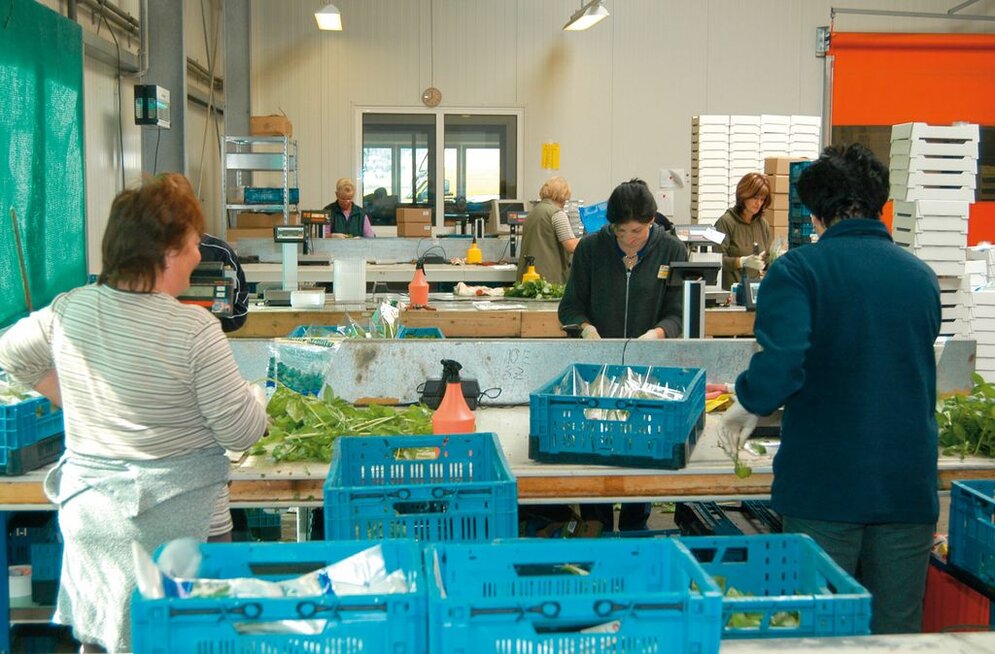Our analyses recognise the heterogeneity of rural regions in their endowment with infrastructural, natural and other “soft” location factors and their interdependence with urban centres. In order to understand developments, we focus on firms and their strategies as well as on labour markets and their dynamics. Comprehension of decisions made by firms and employees is a pre-condition for the understanding of different regional development paths and of course and consequences of structural change.
Depending on the question at hand, our research deals with specific sectors or with the entire rural economy. Examples for markets and industries in focus are agricultural production and land markets, the food processing sector and tourism. Depending on their relevance in the regions under study we concentrate on other services and industries as well, like for example metalworking, bio energy or trade.
The results of our work also inform policy. They can be used for the development of an “integrated policy” as they help to adapt political measures to the needs and requirements of citizens, specifically of firms and employees. We do accompanying research for political projects and analyse the regional impacts of measures like for example the German Renewable Energies Act.
Our research questions:
- How develop employment, value creation and income in rural regions’ different industries in the course of structural change and of the increasing international integration of markets?
- Which location factors are decisive for firms in rural regions?
- What is the role for agriculture and for its upstream and downstream industries in rural regions’ economic development?
- How big are relevance and impacts of support programs for rural regions’ economic development?
For our research we rely on information from secondary data sources as well as from own surveys, expert interviews and from the literature and other documents. In the analysis, we apply a multitude of methods from the qualitative and quantitative socioeconomic research fields.



